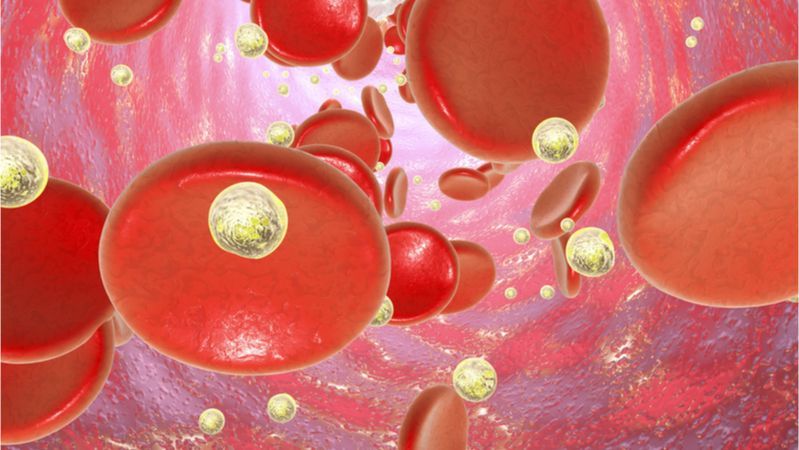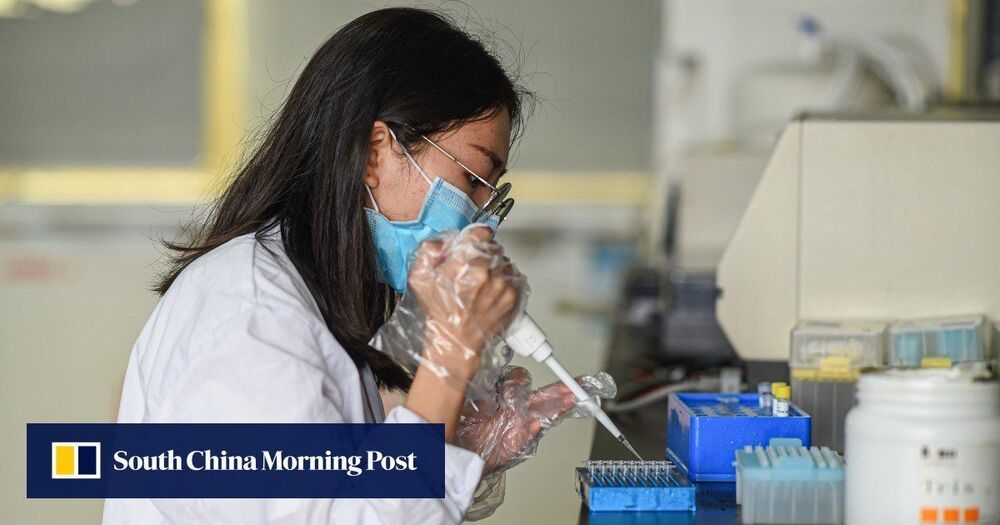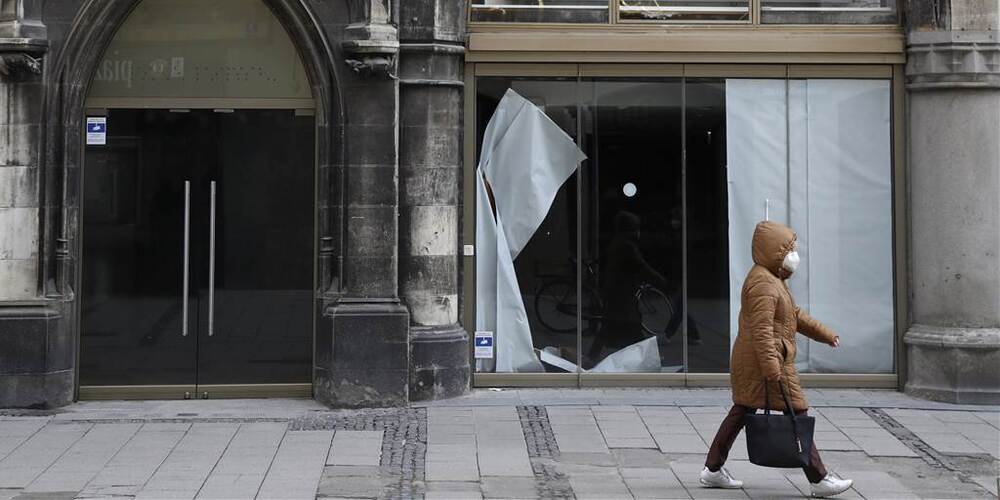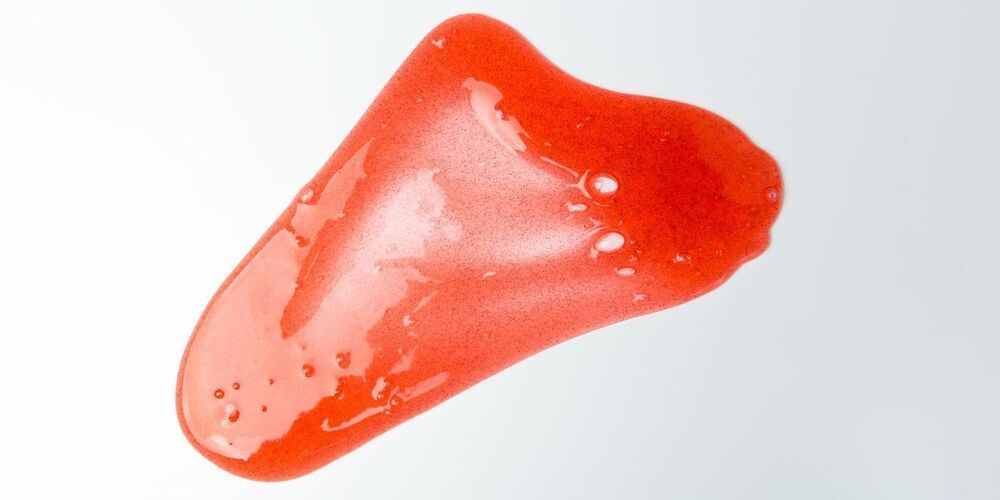
Get the latest international news and world events from around the world.

Dr. José Luis Cordeiro — Engineer, Economist, Futurist, Transhumanist, Author — ENERGY!!!
ENERGY!!! — Jose Luis Cordeiro, Engineer, Economist, Futurist, Transhumanist, Author, “The Death Of Death”
Dr. José Luis Cordeiro is an engineer, economist, futurist, transhumanist and author.
José Luis is a member of the World Academy of Art and Science, vice president of Humanity +, director of the Millennium Project and founding executive director of the Red Iberoamericana de Prospectiva (RIBER).
Previously, he was director of the Club of Rome (Venezuela Chapter), the World Transhumanist Association and the Extropy Institute.
He has also been a visiting professor at various universities around the world and he has studied, visited and worked in over one-hundred and thirty countries on five continents.



Cosmic Inflation Was Likely Not A One-Off Event, Says Astronomer
“Whooshes of creation” may be producing multiverses at this moment, says astronomer.
The cosmic inflation credited with creating the homogeneous universe which we now enjoy was likely not a one-off event, University of California, Berkeley astronomer Alexei Filippenko, told me. In fact, these ‘whooshes of creation’ may be producing multiverses even at this moment, says Filippenko.
The idea of an exponential, faster-than-light expansion of the early universe, was first put forth by MIT astrophysicist Alan Guth in 1981. And today, Inflation theory is used to explain the Cosmos’ current size, expansion, homogeneity and the fact that it appears to be geometrically flat, I noted in a 2011 issue of Astronomy magazine.
“Inflation happened within the first trillionth of a trillionth of a trillionth of a second of the universe’s existence,” said Filippenko. “It disappeared and then transformed itself into the material that eventually formed us.”

NASA Ingenuity Mars Helicopter Prepares for First Flight Program
Now uncocooned from its protective carbon-fiber shield, the helicopter is being readied for its next steps.
NASA is targeting no earlier than April 8 for the Ingenuity Mars Helicopter to make the first attempt at powered, controlled flight of an aircraft on another planet. Before the 4-pound (1.8-kilogram) rotorcraft can attempt its first flight, however, both it and its team must meet a series of daunting milestones.
Ingenuity remains attached to the belly of NASA’s Perseverance rover, which touched down on Mars Feb. 18. On March 21, the rover deployed the guitar case-shaped graphite composite debris shield that protected Ingenuity during landing. The rover currently is in transit to the “airfield” where Ingenuity will attempt to fly. Once deployed, Ingenuity will have 30 Martian days, or sols, (31 Earth days) to conduct its test flight campaign.

China encourages its universities to take science and tech initiative
Science and technology parks affiliated with universities are also a renewed focus for helping to commercialise this intellectual property, according to the plan, while elite universities will be paired up with champion businesses to seek R&D breakthroughs in key technologies.
Ministry of Education says it aims this year to forge the country’s colleges into a national strategic innovation force.

‘New pandemic’ in Germany prompts extended lockdown through Easter holiday
Full coverage of the coronavirus outbreak
Germany started cautiously easing restrictions earlier this month. But the spread of more infectious variants of the virus has pushed up cases, prompting concerns that hospitals could soon be overstretched without further curbs.

Humans Contain 42 Mystery Chemicals, Which Is Slightly Concerning
We’re not really sure where they came from.
Just as you contain multitudes, your body contains multiple chemicals—a total of 109, in fact, including 55 that have never been reported in humans before, and 42 “mystery chemicals” that come from unknown environmental sources, according to a new study from UC San Francisco.
In the study, which appears in Environmental Science and Technology, scientists revealed the chemicals found in pregnant women’s bodies. They say the chemicals have likely been in there for a while, but high-resolution spectrometry has only just begun to reveal them in detail. To test chemicals, researchers also rely on pure “standard” samples made by manufacturers, which they can’t always get ahold of.